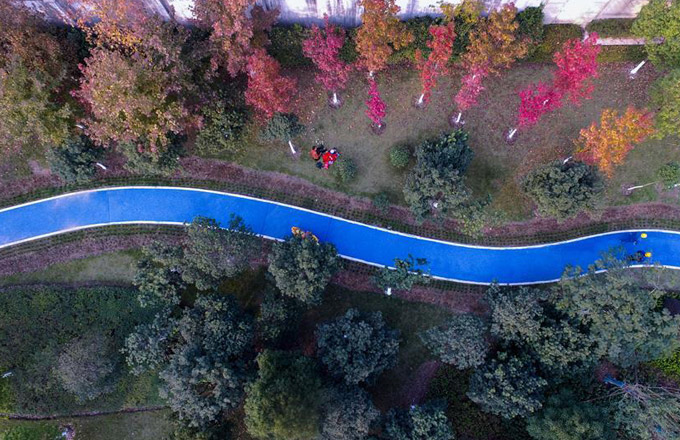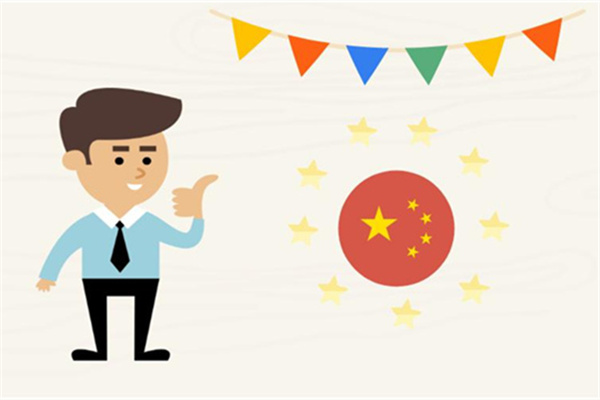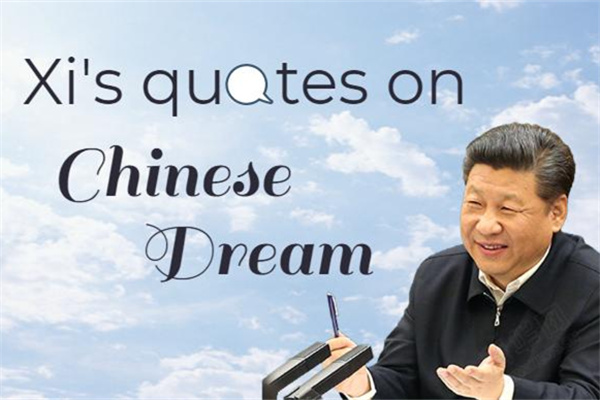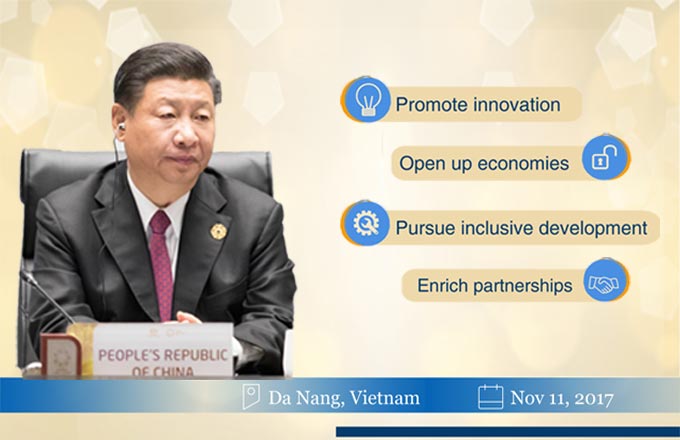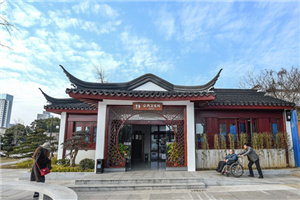Ministry says KMT veterans will be cared for
BEIJING - The Ministry of Civil Affairs has reiterated that the mainland will guarantee social welfare for former Kuomintang (KMT) soldiers who fought Japanese aggressors some seven decades ago.
The move was considered part of the Chinese mainland's recognition of the contribution by those soldiers in defending the country's territory and protecting its people in the War of Resistance Against Japanese Aggression during the World War II.
KMT soldiers who were injured or disabled in the war, as well as those who joined the People's Liberation Army (PLA) led by the Communist Party of China (CPC), should enjoy the same treatment as other former service people, the ministry said in a statement issued late Wednesday night.
The government is also providing social assistance to those who were released from the military after the War of Resistance Against Japanese Aggression and did not join the PLA, it said.
Former KMT soldiers on the mainland are entitled to the same social security as other citizens, the statement said.
The ministry said local governments, as well as the public, should show greater concern for veterans' welfare.
The statement said some KMT veterans are still living difficult lives, adding that it is the government's responsibility to improve their well-being.
"I felt it a great consolation," said a woman surnamed Gao, the daughter of 89-year-old Gao Zeng, a former KMT soldier who fought the Japanese invaders in north China's Shanxi Province.
"The new document reflects the government's recognition of and concern for the veterans who have made contributions to the country," the former KMT veteran's daughter said.
Ms. Gao said her father did not even mention his experiences with the KMT troops to his family until 2005, when then-Chinese President Hu Jintao recognized the role of the KMT in fighting the Japanese aggressors.
"Life for many KMT veterans has been really hard," said Xue Gang, a Beijing volunteer for the Shenzhen-based Longyue Charity Foundation, which focuses on helping former KMT soldiers on the mainland.
"Many of them are reluctant to talk about the past, believing that their experiences fighting the Japanese with the KMT army are a 'disgrace due to previous political movements in the country,'" Xue said.
Xue said the new document is expected to restore the credit and dignity that these veterans have long deserved.
Although measures to treat KMT veterans have been in place for a period, many veterans have failed to enjoy such benefits, as local governments tended to downplay the importance of such policies without a clear attitude from the central government.
The new document will be taken as the definitive attitude of the central government, Xue said.
Sun Chunlong, chairman of the Longyue Foundation, said he "really rejoiced when he heard this good news."
"The document spelled out the government's support for the veterans and organizations like ours advocating veterans' interests and all of our foundation's staff members and volunteers felt inspired. We have been talking about this all day long," Sun said.
The foundation has thus far found about 2,000 former KMT service people on the mainland after it launched a campaign to look for them. The foundation estimates that the exact number of such former KMT service people is much greater than those who have be located.
Many of the alive veterans, who are over 90 years old, on average, live alone in the country's remote and rural areas, Sun said.
Financial assistance may be an imperative matter, but what they need most is the national recognition for what they have done for the country, Sun said.
"We are racing against the clock," Sun said. "The veterans are too old, they can't wait."








